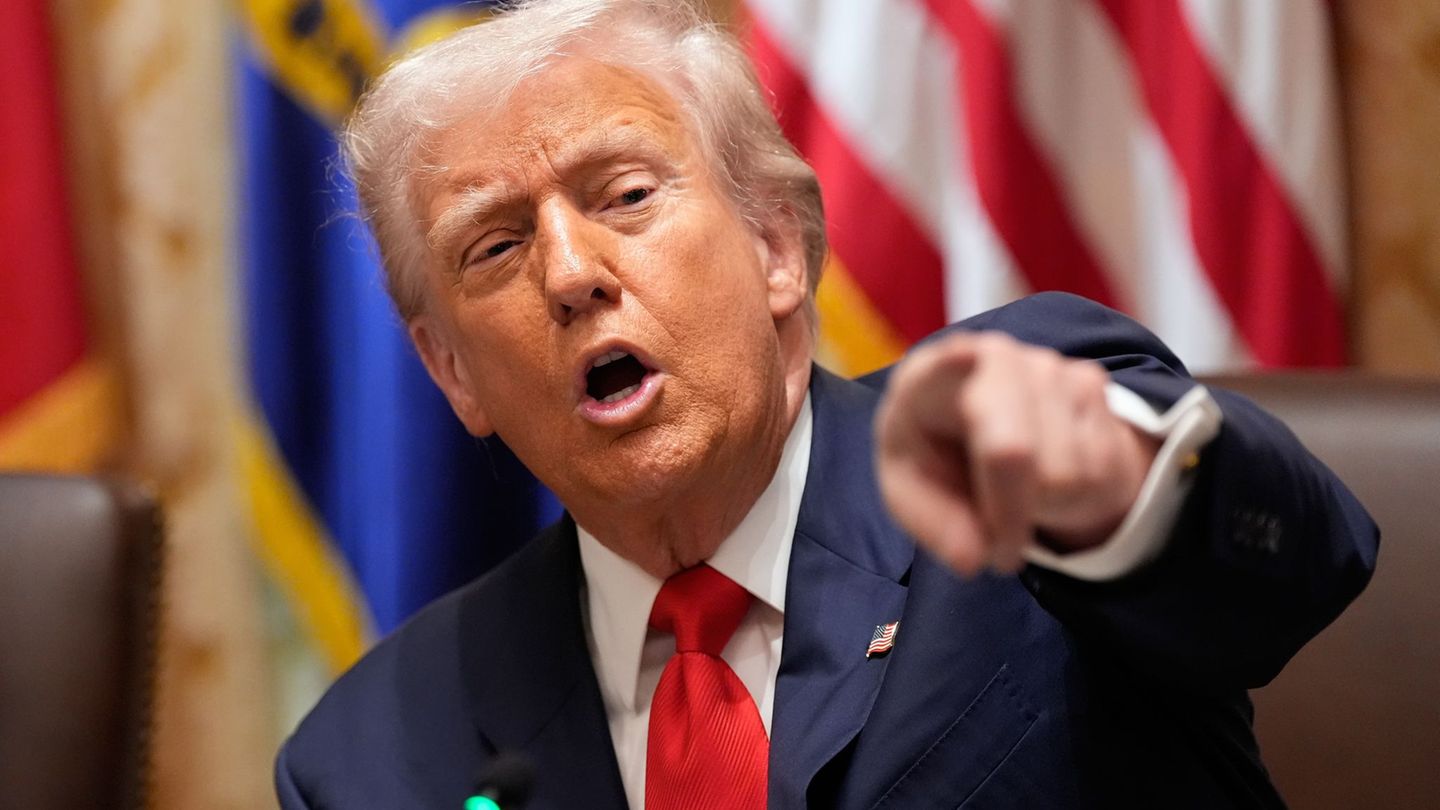interview
Economics Minister Habeck is open to reforming corporate taxes. RWI President Torsten Schmidt appears surprised in the interview – but thinks the suggestion makes sense.
Mr. Schmidt, Robert Habeck seems to be following Christian Lindner’s course, who says that corporate taxation in Germany needs to be reformed. What did you think when you read about it?
To be honest, I was a bit surprised. But it is a very sensible approach because it addresses the structure and is bigger in scope.
Why?
A corporate tax reform offers the opportunity to create reliable framework conditions and provide good incentives for investments – away from the small-scale business of previous years. A subsidy here, a new regulation there – the federal government should get away from that. The suggestion sounds like it.
Are we really as behind in international tax competition as portrayed? Germany has other advantages that justify higher taxes.
I don’t want to deny that at all. You have to look at government income and expenditure together. But then we see that important investments have not been made in recent years. We have not invested enough in the climate-neutral transformation of the economy. We have to improve that. In my opinion, not through subsidies, but through tax incentives, such as greater taxation of CO2.
Christian Lindner suggests a simple abolition of solos, Robert Habeck wants to reform even more comprehensively. He wants to improve tax rates and create better depreciation options. Which of these should be prioritized in your opinion?
I’m torn about it. Mr. Habeck’s approach is actually very good. Corporate income tax in particular could be addressed, and depreciation options could also be improved. This is all provided for in the Growth Opportunities Act anyway.
Chancellor Olaf Scholz also points this out. He says, loosely translated, we don’t need any reform – we have the Growth Opportunities Act.
Yes, and there are also the right approaches there. The problem is: The growth opportunity law is very small in terms of volume. Therefore, there is still scope for corporate taxes.
And what about Christian Lindner’s suggestion: abolishing the solidarity contribution?
Good idea, but it’s been around for a long time. Nor would it achieve as much as a broad-based corporate tax reform.
“Not every subsidy makes economic sense”
It is unusual that Robert Habeck presents a more comprehensive relief plan than Christian Lindner.
Yes, that actually surprised me too. Christian Lindner has a pragmatic point because solos could be abolished relatively quickly. However, I would prefer to see the more comprehensive tax reform, although I wonder how the resulting gaps will be filled.
An important point. For example, the FDP wants to tackle social spending. Sensible?
Where to save is a political question, not an economic one. On the revenue side, I still see opportunities to make CO2 taxation more expensive, for example. This is a win-win situation. Companies save energy, the state earns more money and at the same time CO2 emissions decrease. On the expenses side, we have always said that retiring at 63 was a mistake. I think you have to do it, even if it’s difficult. And not every subsidy makes economic sense. There is already a lot of clientele politics that could be reversed.
What are you thinking about?
The agricultural diesel, the commuter allowance. There are a number of measures where, from a climate policy perspective, one would have to say: They should be abolished. This is unpopular, no question. But that would allow us to reduce our expenditure side.
The catalog of ideas also includes a reform of the debt brake. The Economic Advisory Council spoke out in favor of this last week.
It is important to me that the debt brake is not thrown overboard immediately. But reform is certainly conceivable and the proposals go in the right direction. A little more leeway certainly can’t hurt. Whether one then adopts the values proposed by the Council of Experts can be debated.
The federal government is playing a major role in the green transformation of the economy. Some say that this will require billions of euros – as is now the case with the new power plant strategy. The others point to the opportunities of regulatory policy – that is, to set a good framework and otherwise hold back. This is cheaper and more incentive-oriented.
In principle, I very much support regulatory policy. However, many people overlook the fact that a stable frame also costs money. I think the power plant strategy is exactly such a case. Energy is part of a stable framework. We have regulated the energy market very heavily for years. The result was that investments failed to materialize. And now it was time to take the money in our hands and say: We need this capacity. This is also regulatory policy.
This article appeared firstwhich, like stern, is part of RTL Deutschland.
Source: Stern




